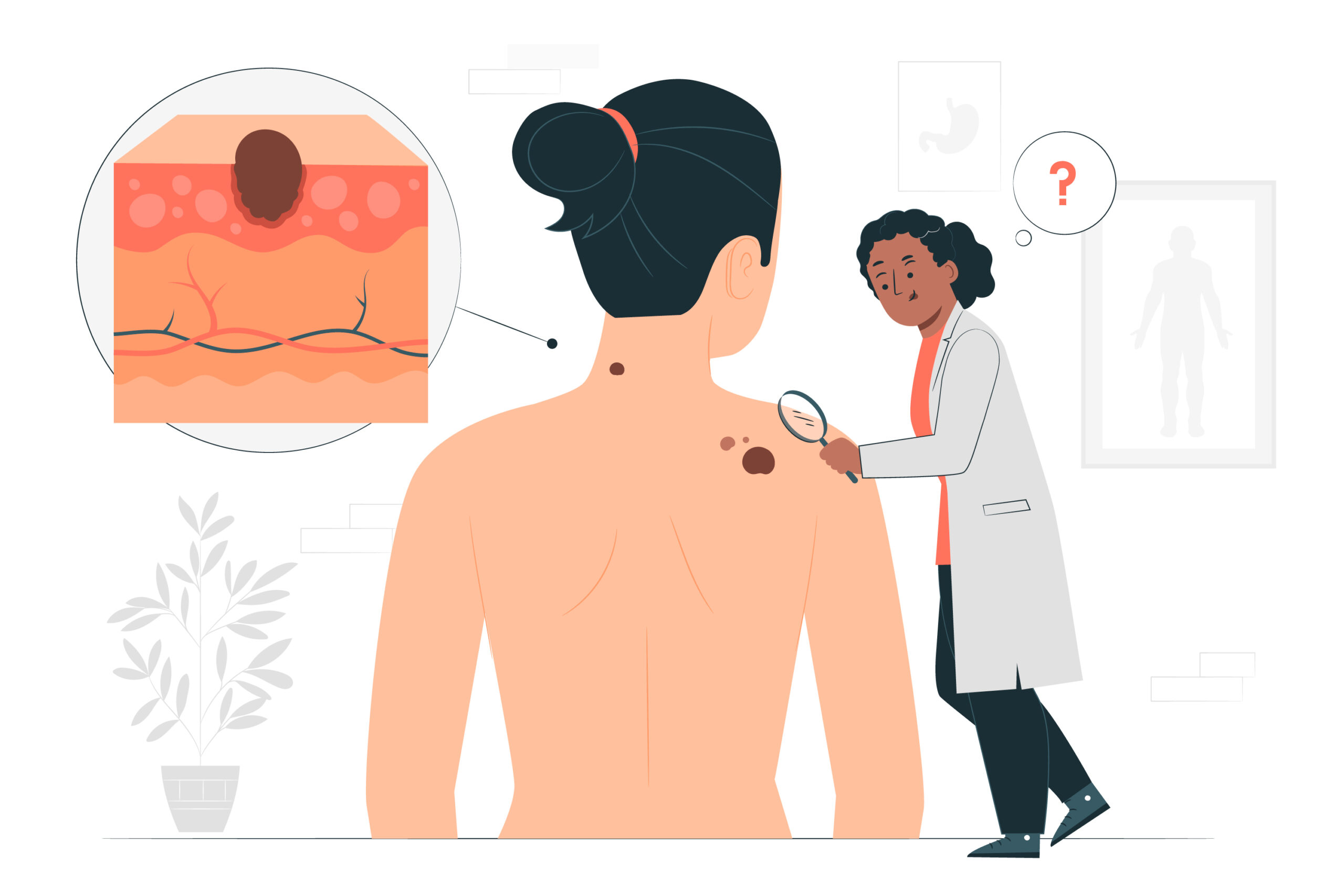Treatments Skin and hair conditions Warts and Corns

Understanding and Managing Warts and Corns: A Comprehensive Guide
Warts are viral infections caused by the human papillomavirus (HPV). They often appear as small, rough bumps on the skin and can be found on various body parts, such as hands, feet, and face. Warts are contagious and can spread through direct contact or by sharing personal items like towels or shoes. Corns, unlike warts, are not caused by a viral infection. They are localized areas of thickened skin that develop due to repeated pressure or friction. Corns typically occur on weight-bearing areas of the feet, such as the toes or soles, and can be painful when pressure is applied.
Warts and corns are common skin conditions that can cause discomfort and affect our confidence. Whether you are dealing with warts or corns, understanding their causes, prevention, and treatment options is essential. In this blog, we will delve into the world of warts and corns, exploring their characteristics, causes, and effective management strategies.
Warts: Small Bumps, Big Annoyance
Warts are viral infections caused by the human papillomavirus (HPV). They often appear as small, rough bumps on the skin and can be found on various body parts, such as hands, feet, and face. Warts are contagious and can spread through direct contact or by sharing personal items like towels or shoes. Factors like weakened immune system, cuts or breaks in the skin, and close contact with infected individuals increase the likelihood of developing warts.
Types of Warts:
Corns: Unwanted Foot Companions
Corns, unlike warts, are not caused by a viral infection. They are localized areas of thickened skin that develop due to repeated pressure or friction. Corns typically occur on weight-bearing areas of the feet, such as the toes or soles, and can be painful when pressure is applied. Ill-fitting shoes, high heels, foot deformities, or even excessive walking can contribute to corn formation.
Types of Corns:
Prevention and Management:
Preventing warts and corns is better than treating them. Here are some preventive measures you can take:
Treatment Options:
When it comes to managing warts and corns, there are several treatment options available. However, it is important to consult a healthcare professional or a dermatologist for a proper diagnosis and guidance. Here are a few common treatment approaches:
If you or your known is suffering from the condition of warts and corns. Feel free to contact Dr. Singh’s Homeopathy for a personalized treatment plan.
Conclusion:
Warts and corns can be both physically uncomfortable and emotionally distressing. Understanding the causes, preventive measures, and treatment options is crucial for effective management. Remember, self-diagnosis and self-medication are not recommended in homeopathy. Consult Dr. Singh’s Homeopathy to receive an individualized treatment plan based on your specific symptoms, medical history, and constitutional makeup, you can overcome the nuisance of warts and corns and restore the health and beauty of your skin.

